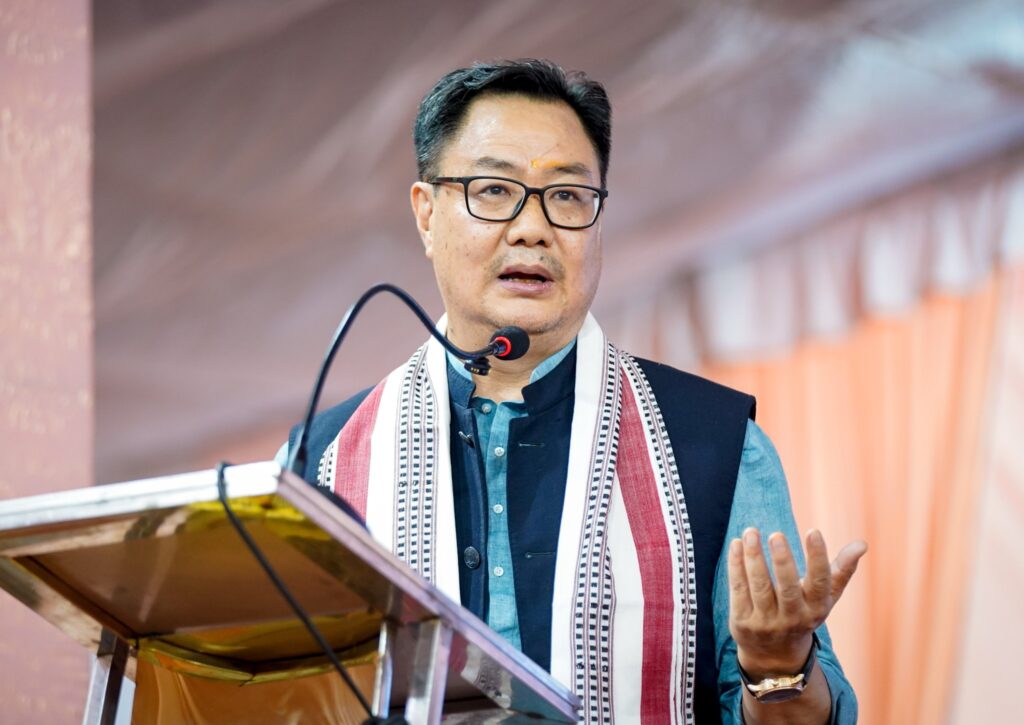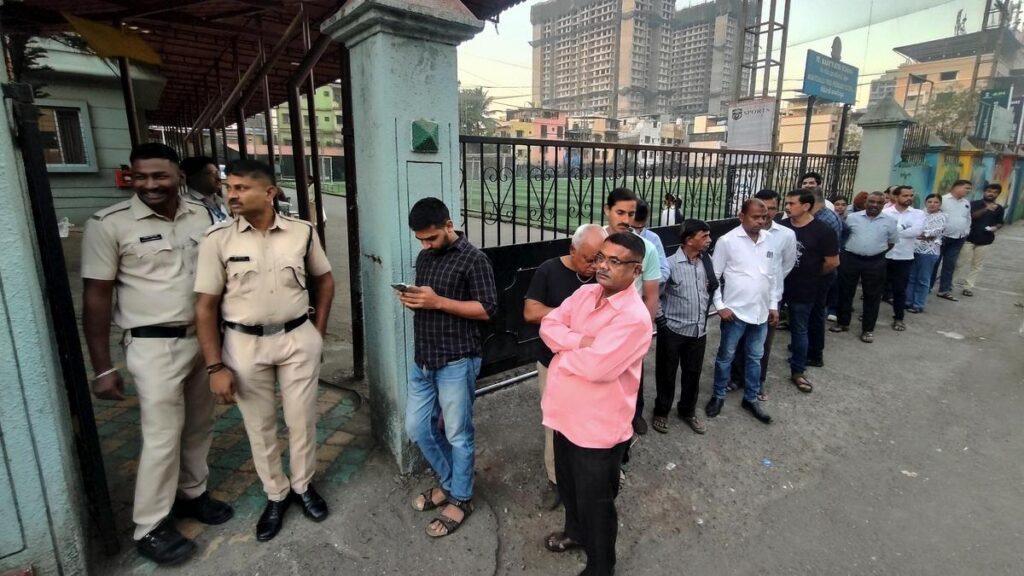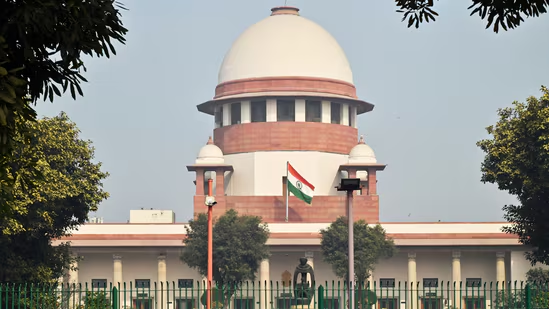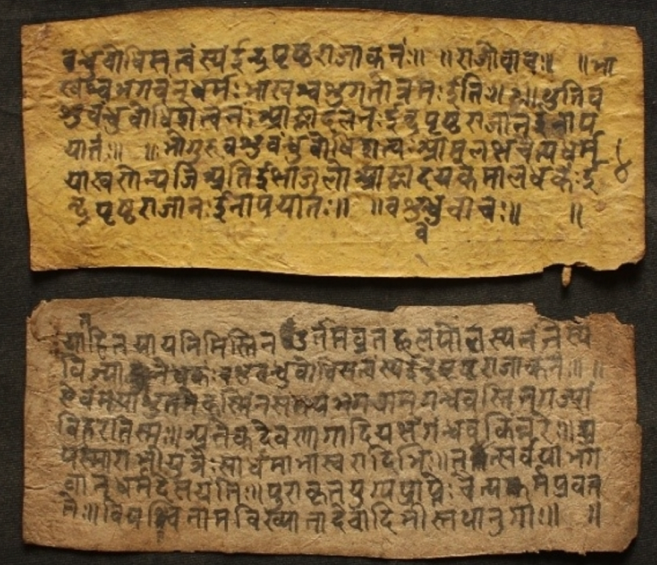Now Reading: Rijiju Thanks Opposition MPs for VP Vote, Congress Admits Cross-Voting — What’s Going On
-
01
Rijiju Thanks Opposition MPs for VP Vote, Congress Admits Cross-Voting — What’s Going On
Rijiju Thanks Opposition MPs for VP Vote, Congress Admits Cross-Voting — What’s Going On

In the wake of the recent Vice-Presidential election, Union Minister Kiren Rijiju acknowledged that some Members of Parliament from opposition parties voted for the NDA’s candidate CP Radhakrishnan. Congress has responded by admitting that cross-voting did happen among its alliance partners, while raising concerns about pressure from government agencies. The controversy is stirring talks about party discipline, secrecy in voting, and how strong alliances really are.
What Rijiju Said
Rijiju publicly thanked certain MPs from the INDIA bloc who voted for the NDA candidate, calling the votes a matter of “conscience.” He emphasized that the ballot was secret and that both voting and counting took place with representatives of all parties present. By saying “friendly MPs” from the opposition voted with NDA, he implied that some alliance members broke ranks.
Congress Admits, Raises Alarm
Congress has accepted that cross-voting occurred in the opposition bloc. At the same time, party leaders are questioning whether external pressure or influence from investigative agencies played a role in causing MPs to vote against the alliance’s declared candidate. They argue that such influence would undermine democratic norms and impact trust in electoral secrecy.
Implications for Opposition Unity
This revelation exposes cracks in the INDIA alliance. If parties cannot ensure unity even in constitutional posts like Vice President, it raises doubts about how cohesive they will be during high-stakes elections. Cross-voting also signals that internal dissent or fear might be stronger than public alignment.
What Secret Ballot Means Here
The Vice-Presidential election uses a secret ballot, meaning individual votes are not published. So, while parties can point to discrepancies between expected votes and actual numbers, it’s impossible to know exactly who cross-voted. That ambiguity often breeds speculation, blame games, and demands for internal investigations.
Impact on Tier-2 Cities & Voters
In Tier-2 cities, people often watch such events through local media and discussions. These incidents can affect how people view politics—especially the credibility of parties, the idea of “party discipline,” and whether politicians really reflect voters’ interests or power plays in the capital. It may fuel disenchantment among citizens hoping for transparent leadership.
What Happens Next
Expect demands within the opposition for internal audits to find out where discipline broke down. Some may call for stronger enforceable norms in alliance agreements. There may also be calls for electoral reforms to strengthen anonymity or reduce external influence. The matter could also become part of political strategies for upcoming elections.
Conclusion
The cross-voting controversy following the Vice-President election is more than a one-off glitch. It exposes tensions between public unity and private behavior, between alliance commitments and personal or external pressures. For India’s political future, especially for alliances that rely on trust, managing such breakaways will be crucial. In the end, transparency, consistency, and accountability will be the tests for whether democracy works in both big and small cities alike.

























